Two quotes best sum up Good Charlotte as they release their first album in seven years, Motel Du Cap. One comes from the anthemic closing track, “GC FOREVER,” which includes a spoken-word outro: “Now, I’m really proud of Good Charlotte. Just what we stand for, what we stood for, and all the things that we did as really young guys, little to no guidance other than our own,” says one of the Madden brothers, Joel and/or Benji. “You look back at yourself as a kid now that you’re an adult and just go, ‘Yeah, we did alright.'”
The second is delivered with a sort of twin telepathy unison as Benji and Joel speak to Consequence just days before the record drops: “If at the end of it all, when we’re old men, the only thing you wanna talk about is that I had a hit song… That’s my worst nightmare, that my music defines me when I’m an old guy,” says Benji. “No, thank you.”
“No, thank you,” echoes Joel.
“Don’t even put that on my headstone,” Benji emphasizes.
Get Good Charlotte Tickets Here
As the brothers approach the 25th anniversary of their band’s self-titled debut, they’re entering “the second act for Good Charlotte.” It’s a phase marked by a creative mindset closer to album No. 1 than 2018’s Generation RX, and an outlook achieved through the hard-fought realization that they are far more than just the music. As excited as they are to be reactivating Good Charlotte, the decision to make their eighth LP wasn’t, as Benji puts it, “a calculated move” so much as an instinctual desire born from their first gig in five years — as a wedding band.
In 2023, Joel was asked by Sofia Richie Grainge, his sister-in-law through his marriage to Nicole Richie, if Good Charlotte would play at her wedding to music exec Elliot Grainge. The couple had long expressed love for the band, and the request from the “little sister” that he’d known since she was seven “meant a lot” to Joel. “I called everyone personally and asked, ‘Hey, this is a special, really meaningful thing to me. Will you fly? I don’t wanna phone it in. I don’t want it to be a fake gig. I want it to be a real gig…. We haven’t played in five years, but I wanna make it great,'” he recalls. He was “touched” when everyone agreed to reform for the special night. There was no paycheck; the only incentive was to hang out and create a heartfelt memory. “The setting was right, because everyone was there on their own account and they were all there with real pure intentions.”
The show was “fucking great,” and the band started joking about recording a new album “tomorrow.” It quickly became more serious. “Benji is like, ‘If we’re gonna do it, we’re gonna do it for real,'” says Joel. “So everybody’s gotta think about that because it’s a commitment. If we’re gonna do it, we’re gonna put it all into the record and we’re gonna go out on tour, which is what everybody is up against with kids and wives, and shit we care about more than touring.”
This intentionality hadn’t always been Good Charlotte’s modus operandi. Growing up in an environment marked by “generational trauma, generational poverty, generational addiction,” as Joel describes it, fame and fortune seemed like salvation. “You think at a young age, ‘This is the answer to my problems. I’m gonna get rich and famous and I’m gonna get all the things that I think I need to be special, to be important, to be valuable.'”

 2 weeks ago
9
2 weeks ago
9



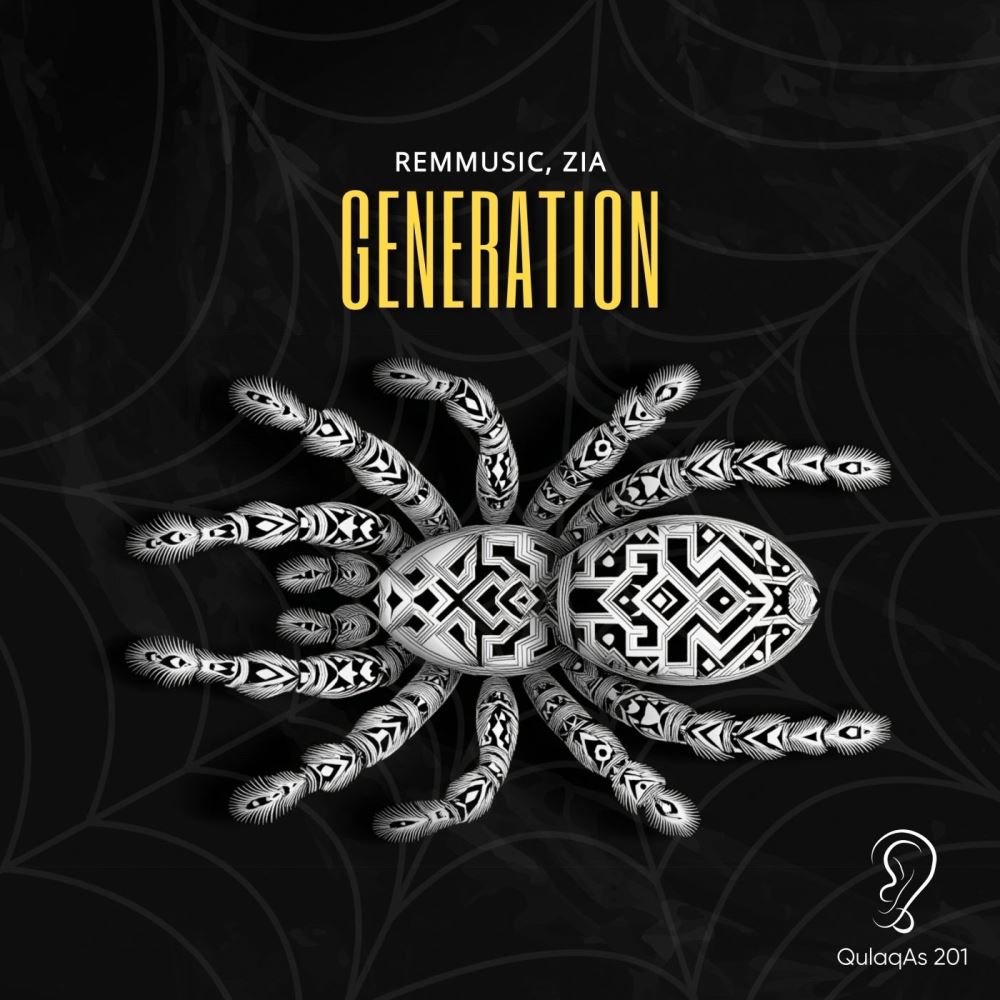
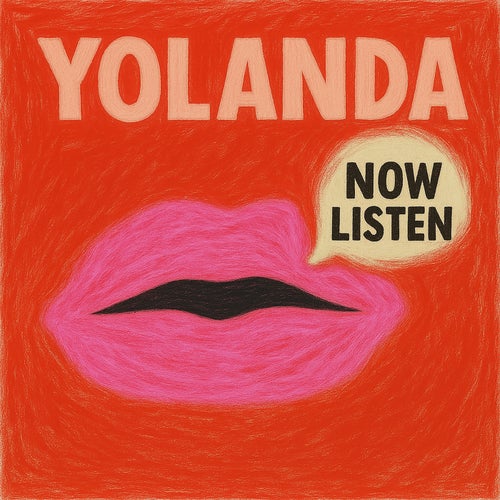


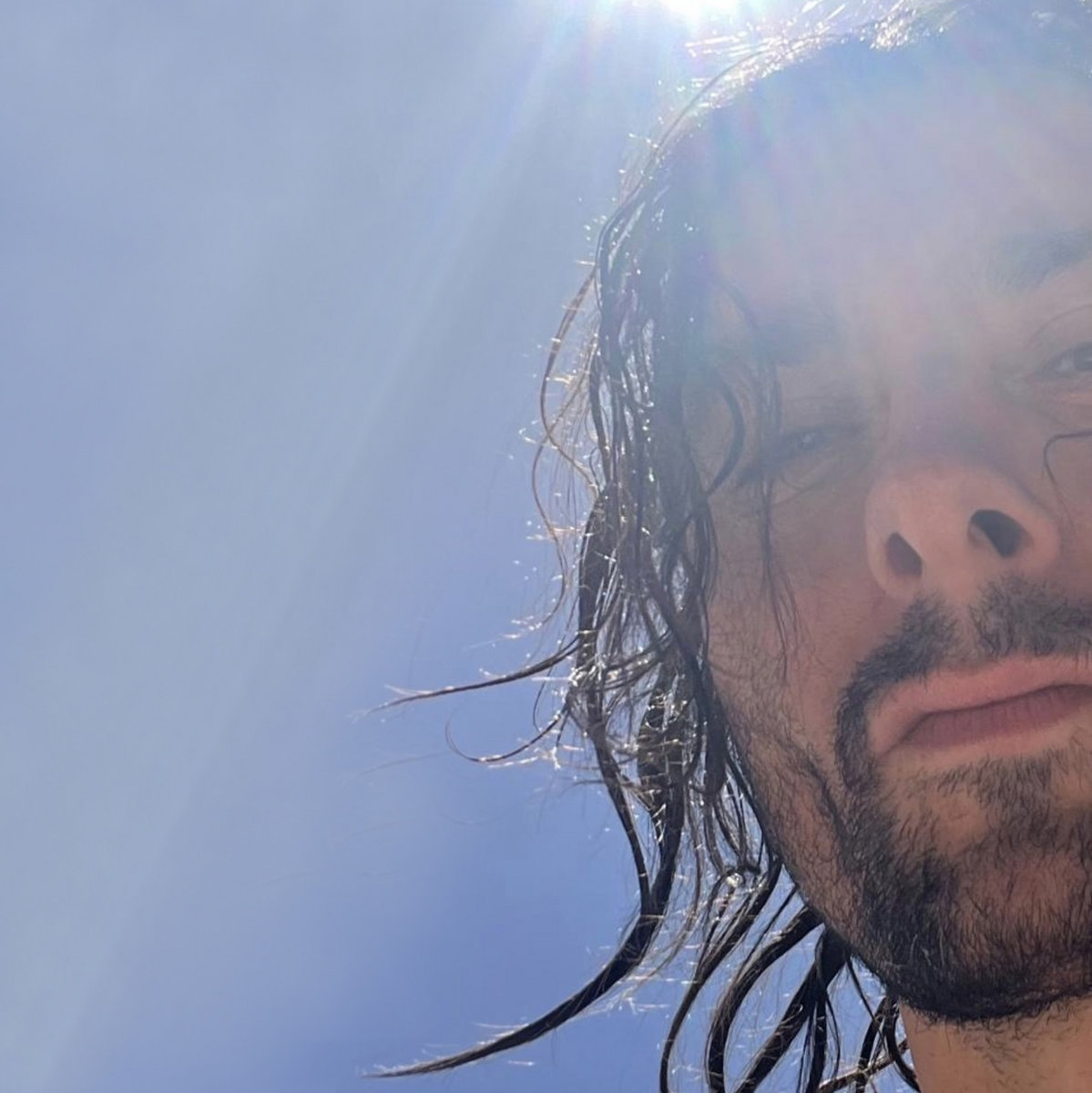


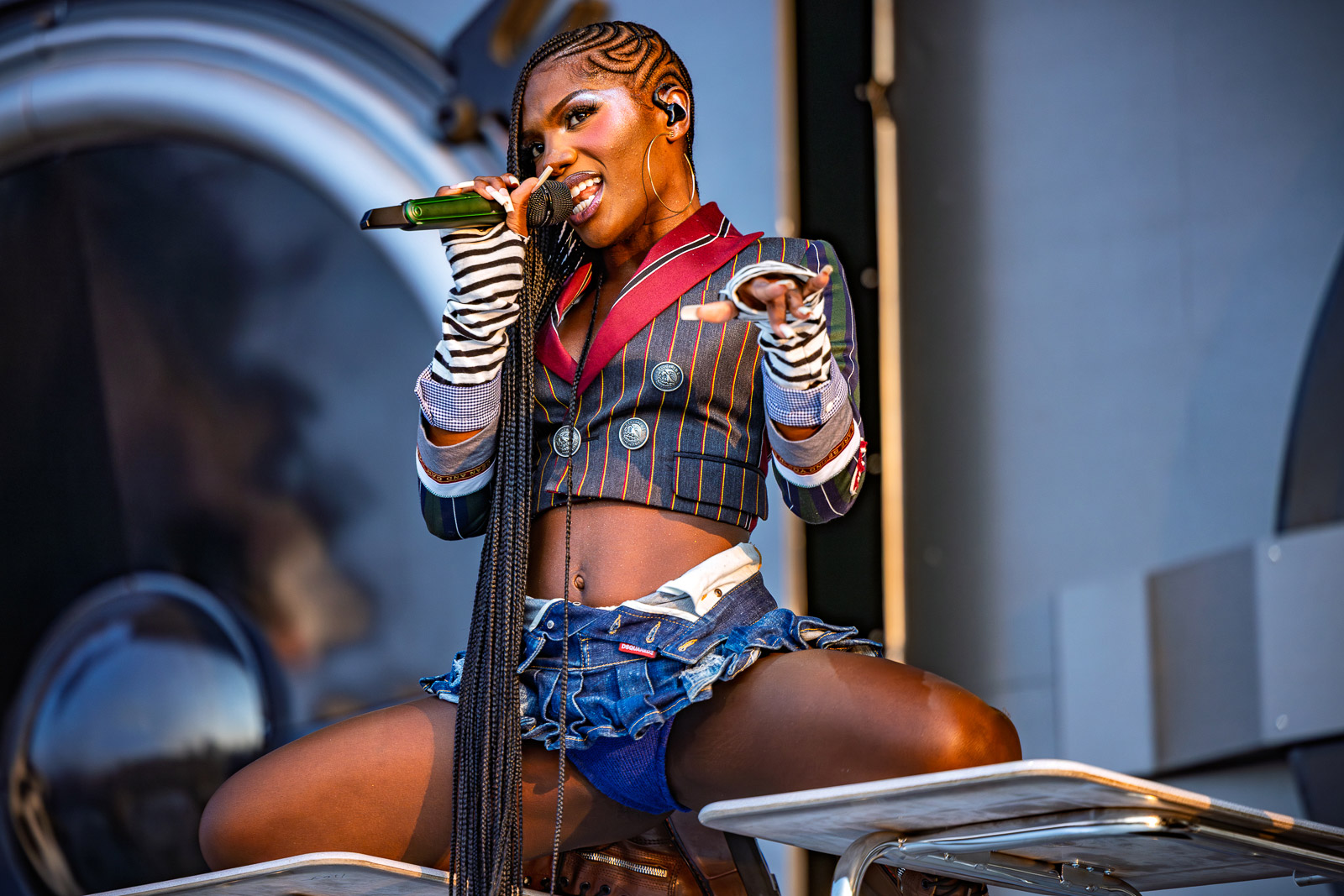




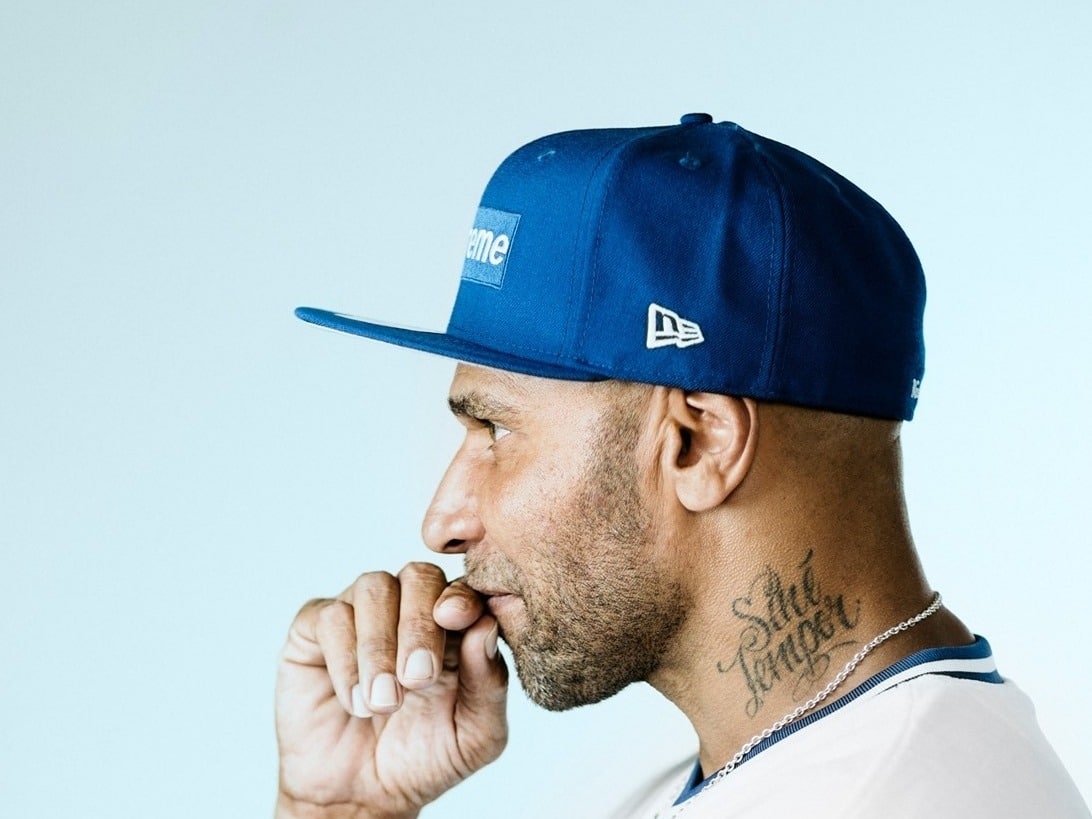


 English (US) ·
English (US) ·